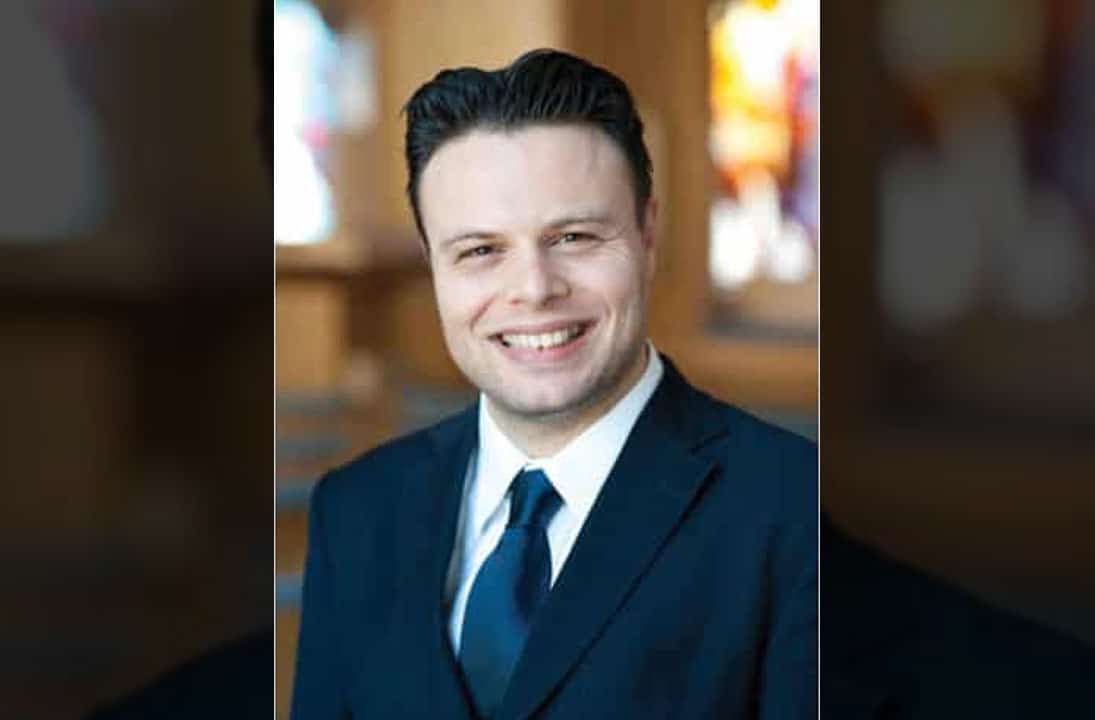
Rabbi Dr. Tal Sessler always loved learning about philosophy – it’s why he earned his doctorate in political philosophy from The New School. However, unlike others who studied the subject, he wanted to take what he learned and apply it outside of the classroom.
“I felt that being exclusively a scholar would be too passive for me,” the Tel Aviv native said. “I’m very much a people person. I wanted to do something that would connect ideas with life. Ideas don’t just stay in the classroom and in the text. They actually help transform and heal our lives. The rabbinate was better suited for my temperament.”
After going to school in London, France and New York, Sessler decided to attend Jewish Theological Seminary (JTS), where he said he could “study Judaism with access to critical scholarship and prepare to be a rabbi.”
He served as the rabbi of the Jewish Center of Forest Hills West in New York and then the Freehold Jewish Center in New Jersey. Then, in 2013, he moved to Los Angeles to assume the role of senior rabbi at the largest Sephardic synagogue in California, Sephardic Temple Tifereth Israel, even though he is not Sephardic.
“I think they chose me because I was coming from Israel and I was part of the Mediterranean culture,” he said.
Sessler’s family has deep ties to the Jewish State. His mother’s family members were descendants of Karlin Hasidim, who went to Israel in the 1870s to reside in the Old City of Jerusalem. “My grandmother’s grandfather was the first teacher of modern Hebrew in Israel,” he said. “He worked with Eliezer Ben-Yehuda.”
At the JTS, Sessler was trained to work with Ashkenazi American communities, but at the Sephardic Temple, he served a community of immigrants, many from Iran. “I learned the whole repertoire of liturgy and the way Sephardic Judaism is practiced,” he said. “It’s quite distinct from the mainstream Ashkenazi tradition. I really expanded my horizon.”
“Ideas don’t just stay in the classroom and in the text. They actually help transform and heal our lives. The rabbinate was better suited for my temperament.”
For eight years, he served as the senior rabbi, until joining the Academy for Jewish Religion, CA (AJRCA) as the dean of the rabbinic school this past summer. He had been teaching Jewish philosophy there for four years, and was offered the position to prepare the new generation of rabbis for the West Coast.
“I felt it was a once in a lifetime opportunity,” he said. “It’s a very humbling and exhilarating experience to work with all these future leaders of the West Coast and beyond.”
In his new position, he’s still teaching classes, along with advising and giving spiritual and academic support to 35 rabbinic students.
“The biggest challenge is that we’re still in Zoom mode, and when you’re training people to build a community, it’s not as comprehensive,” he said. “Different people come with different gifts and capabilities, and I try to be there for each person to help them grow and develop their own leadership identity and rabbinic vision for themselves.”
With the work he does, Sessler tries to follow the example of Rabbi Lord Jonathan Sacks, whom he met after inviting him to L.A. in January of 2020 to speak to his community. It turned out to be Sacks’ last visit to the U.S.
“It really was the experience of a lifetime to do a Q&A with him for 45 minutes,” Sessler said. “It was a very impactful and transformative encounter. I recognized I was in the presence of greatness. He is my model in terms of what it means to be a rabbi in the 21st century. He inspired me to look for places I could make the most impact as a rabbi.”
Just like Sacks, Sessler hopes to make Judaism relevant to the community through timeless philosophical teachings from leaders of the past.
“The goal is to make the sages of all the different centuries speak to the challenges that we face today,” he said. “We don’t learn Jewish philosophy just out of intellectual curiosity, but as a tool to enhance our Jewish lives today.”
Fast Takes With Tal Sessler
Jewish Journal: What’s the best thing about being the father of two daughters?
TS: The tenderness and emotional wisdom of girls is really something special. They become verbal very fast and know what they want and advocate for themselves. I’m blessed to be their obedient servant.
JJ: What’s your favorite place you’ve lived?
TS: Los Angeles. I think it’s a wonderful place to raise a Jewish family.
JJ: What’s your ideal Shabbat look like?
TS: It would include immersing in a mikvah, davening in a Hasidic shtiebel, eating a good cholent, having a shot of scotch after services, spending time with my family and family friends, going to mincha and then doing havdalah at home with my family.
JJ: What’s your favorite Jewish food?
TS: Israeli Middle Eastern cuisine. Good hummus and schug. And a nice hot pita.
JJ: Can you cook it?
TS: No, but I can eat tons of schug seamlessly and, to my wife’s amazement, without drinking water.
JJ: Red or green schug?
TS: I only eat green schug. Red schug is for amateurs. Come on.






















 More news and opinions than at a Shabbat dinner, right in your inbox.
More news and opinions than at a Shabbat dinner, right in your inbox.